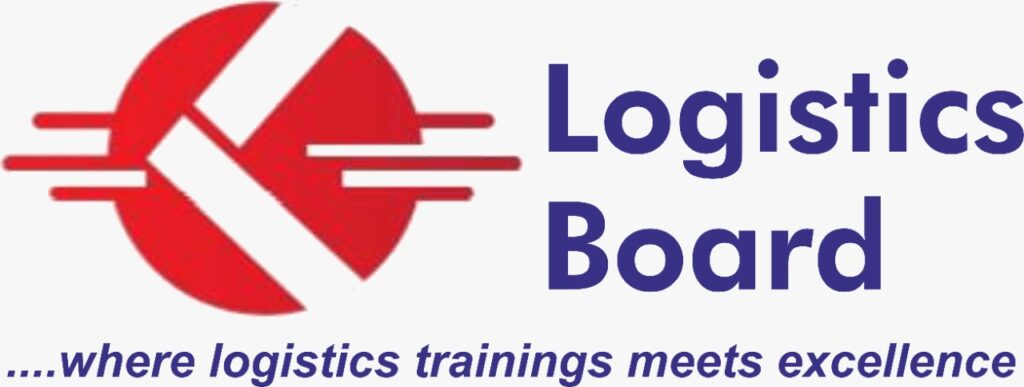Transport Consultancy
Logistics Bureau (LoB) provide Transport Consultancy for national, regional or global setups and incorporate literally all forms of transport. We also work with local authorities and advise on improving public transport.
LoB has a flexible approach. We can help from a ‘light- touch’ to ‘heavy-lift’, dependent on your needs. So how do you know what is right for your organisation?
Usually our clients call us in if they can say “NO” to one or more of the following five questions:
- Do you have a published transport management strategy?
- So is that strategy consistent with the overall business objectives?
- Are you satisfied that your present freight spend is fully optimised?
- Do you feel fully in control of your present freight spend?
- Are your logistics service levels meeting your customer’s requirements?
We think the results we achieve for our clients speak for themselves. Bisham’s clients enjoy transportation savings of typically between 10% and 30% on delivery cost savings alone. Clearly, the impact of these changes on profits is huge.
Improving Transportation Efficiency:
Making a real difference.
Our Transport Consultancy services start with a health check of existing transport planning arrangements.
- So are appropriate modes currently in use and are management processes robust?
- Are service requirements clearly defined? More importantly, are these targets being met?
- Is the transport network cost and service fully optimised?
- What is the data collection like? So here we look closely at all available data, KPIs, financial reporting & budget reports.
- Have all the sustainable transport options been fully explored?
Transport management strategy.
- Adapting to change, This is very important because of new markets, new products and new sourcing.
- Retaining procurement flexibility but also leveraging global spend.
- In-house capability versus out-source. So we look at 3PL or 4PL solutions to improve performance and also reduce costs.
- INCO terms for inbound and outbound shipments.
- We look at the role of IT in automating processes and improving administrative efficiency.
Transport Network Optimisation.
- National, regional or global network design.
- Impact of improved planning, mode changes, routing changes or infrastructure.
- Improved vehicle usage and load-fill.
- Scenario modelling and total cost comparisons.
- Cross-border flow efficiencies.
Transport Procurement
- Tender management – domestic road transport to global freight forwarding.
- Fleet management. So this will include procurement, leasing & maintenance services.
- Selection of appropriate potential suppliers through an RFI.
- Design, structure and detailed specification for a formal RFQ tender.
- Analysis of bid responses so we ensure the best fit.
- Contract & service level agreement support.o
Project management and Implementation
- Project management support for operational changes.
- Improvements to related IT such as TMS.
- Change management planning.
- Measuring the savings made both in time and money.
- Ongoing advice on improving transport arrangements.
- Interim transport management or recruitment support.
Transport Consultation:
The Client Benefits of good transport planning. Measuring the results of any consultancy work is vital. So we go to great lengths to ensure all improvements are carefully monitored on all of our transportation projects. Bisham clients have enjoyed some or all of the following long term benefits:
Cost-saving delivery of between 10% – 30%. This has been achieved through:
- Optimizing transport networks and improving fleet use.
- Improving planning processes.
- Ensuring effective procurement of transport providers and improving audit processes for carrier charges.
- Creating an internal function that can deliver continuous improvement in transportation.
Improving supply chain visibility through:
- Shipment status updates.
- Proactive exceptions reporting.
- Introduction of improved supply chain IT.
Improving supply chain responsiveness and flexibility through:
- Process re-design.
- Organisational changes so that we can maximise efficiency.
- Delivering IT improvements.
Improving reliability and customer service levels through:
- Introduction of a proper performance management regimes.
- Producing service level agreements (SLAs) with carriers.
- Key performance indicator (KPI) implementation so we can measure performance.
Improved financial management of freight spend through:
- Visibility of costs at shipment or transaction level.
- Providing cost to serve information.
- Improved budgeting processes.
- Accurate monthly reporting of freight spend and explanation of variances to budget.
- Improved freight bill audit and checking processes


